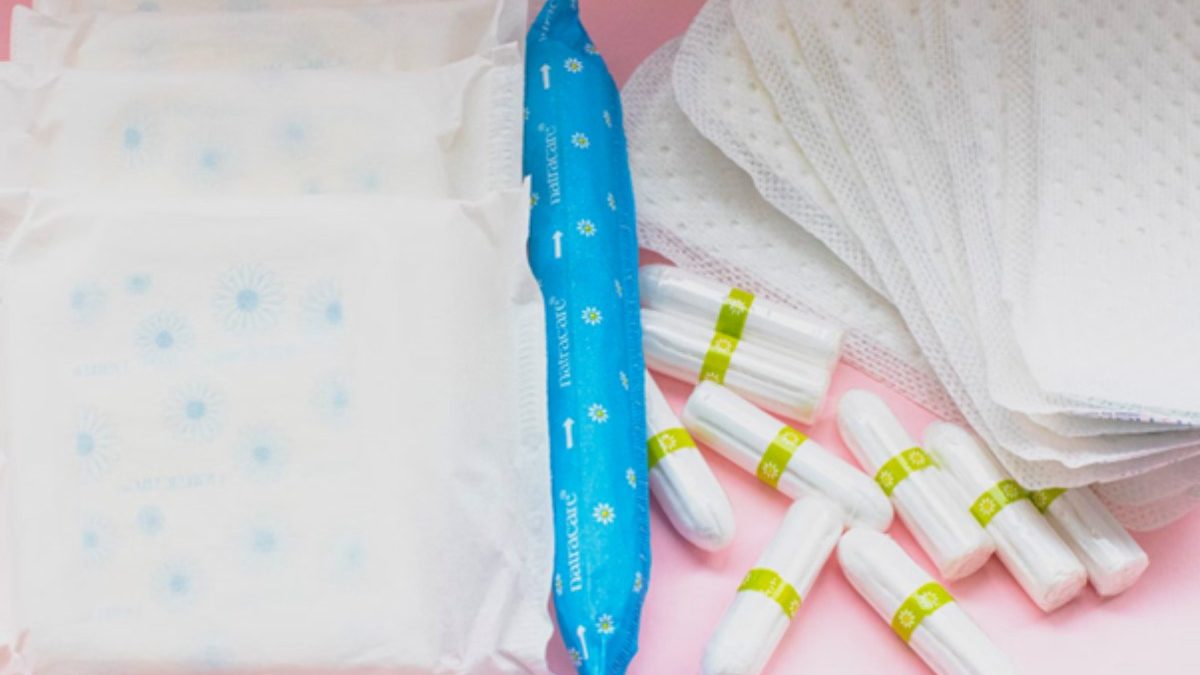Sanitary pad are essential products used by women during menstruation to maintain hygiene and comfort. However, for those with sensitive skin, finding the right pad can be challenging. Skin sensitivity can lead to discomfort, irritation, and even allergic reactions when exposed to certain materials or chemicals present in regular pads.
Therefore, it becomes crucial to choose sanitary pads that are specifically designed for sensitive skin. In this comprehensive guide, we will explore various tips to help you make an informed decision while selecting the most suitable sanitary pad for sensitive skin.
Table of Contents
What is Sensitive Skin?
Sensitive skin is characterized by heightened reactivity to external factors, making it more susceptible to irritation, redness, and itching.
People with sensitive skin may experience discomfort and adverse reactions when exposed to certain substances, such as fragrances, dyes, and synthetic materials commonly found in regular sanitary pads.
Challenges Faced by Women with Sensitive Skin During Menstruation
During menstruation, women with sensitive skin face specific challenges, including:
a) Irritation and Redness:
Regular sanitary pads may contain chemicals and synthetic materials that can irritate sensitive skin, leading to redness and discomfort.
b) Allergic Reactions:
Some women may develop allergic reactions to the fragrances, dyes, or other additives present in standard sanitary pads.
c) Itching and Discomfort:
Sensitive skin can react adversely to prolonged contact with certain materials, causing itching and discomfort during extended pad usage.
Features to Look for in Sanitary Pads for Sensitive Skin
Hypoallergenic Materials
When choosing a sanitary pad for sensitive skin, opt for products made from hypoallergenic materials. These materials are less likely to cause allergic reactions and skin irritation. Look for pads free from fragrances, dyes, chlorine, and other potentially irritating chemicals.
Breathable and Soft Top Layer
A breathable and soft top layer is essential to minimize friction and discomfort during use. Consider pads with a cotton or bamboo top layer as these natural fibers are gentle on the skin and promote better air circulation.
pH-Balanced and Dermatologically Tested
Choose sanitary pads that are pH-balanced and dermatologically tested. Such pads are formulated to maintain the skin’s natural pH level, reducing the risk of irritation and providing a more comfortable experience.
Chemical-Free Absorbent Core
The absorbent core of the pad should be free from harmful chemicals and synthetic materials. Look for pads with a core made from organic cotton, bamboo, or other natural materials known for their absorbent properties.
Biodegradable and Environmentally Friendly
Opt for pads that are biodegradable and environmentally friendly. These pads not only benefit sensitive skin but also help reduce environmental impact.
Adhesive Quality
The adhesive used to keep the pad in place should be gentle on the skin while maintaining a secure grip. Pads with a hypoallergenic adhesive are ideal for sensitive skin.
Size and Thickness Options
Consider the size and thickness of the pad based on your menstrual flow. For sensitive skin, a pad with a higher absorbency and a thinner profile might be more comfortable.
Types of Sanitary Pads for Sensitive Skin
Organic Cotton Pads
Organic cotton pads are an excellent choice for women with sensitive skin. They are made from pesticide-free, non-genetically modified cotton, reducing the risk of irritation and allergic reactions.
Bamboo Fiber Pads
Reusable pads made from bamboo fibers offer a soft and breathable surface. Bamboo is naturally hypoallergenic, making it suitable for sensitive skin.
Chlorine-Free Pads
Pads processed without chlorine are gentler on the skin. Chlorine-free pads minimize the risk of exposure to harmful chemicals that can cause irritation.
Menstrual Cloth Pads
Menstrual cloth pads are reusable and often made from organic cotton or bamboo fabric. These pads are an eco-friendly and skin-friendly option for women with sensitive skin.
Period Panties
Period panties with built-in absorbent layers are another option for women with sensitive skin. They provide comfort and security without the need for traditional pads.
Additional Tips for Managing Sensitive Skin During Menstruation
1. Change Pads Regularly
Regardless of the type of sanitary pad used, changing pads regularly is essential for maintaining skin health. Avoid prolonged usage, as it may increase the risk of irritation.
2. Avoid Scents and Fragrances
Avoid using scented products in the genital area, as they can cause irritation and disturb the natural pH balance.
3. Maintain Good Hygiene
Maintain good hygiene during menstruation by washing the genital area with mild, unscented soap and warm water. Pat dry gently to avoid further irritation.
4. Consider Menstrual Cup as an Alternative
Menstrual cups made from medical-grade silicone or rubber can be a suitable alternative for women with sensitive skin. They are hypoallergenic, reusable, and eco-friendly.
5. Avoid Allergens
Identify and avoid any specific materials or substances that trigger skin irritation or allergies during menstruation.
Frequently Asked Questions
Can I use regular pads if I have sensitive skin?
It is best to avoid regular pads if you have sensitive skin, as they may contain chemicals and synthetic materials that can cause irritation. Instead, opt for pads specifically designed for sensitive skin.
How often should I change my sanitary pad to prevent irritation?
Changing your sanitary pad every 4 to 6 hours, or more frequently if needed, can help prevent irritation and discomfort.
Conclusion
Choosing the right sanitary pad is essential for women with sensitive skin to ensure a comfortable and irritation-free menstrual experience. By considering features like hypoallergenic materials, breathability, pH-balanced formulation, and biodegradability, women can make an informed decision while selecting the most suitable pad.
Organic cotton, bamboo fiber, and chlorine-free pads are excellent options for those seeking gentler alternatives. Additionally, practicing good hygiene and considering reusable options like menstrual cups or cloth pads can further benefit sensitive skin during menstruation.
Remember to consult your healthcare provider if you experience persistent skin sensitivity or irritation. By following these tips, women can confidently manage their menstrual health while prioritizing the well-being of their sensitive skin.
Related posts
Hot Topics
Metaverse Platforms for Virtual Workspaces
Ever felt like your office is stuck in the Stone Age? Tired of endless Zoom calls that feel about as…
IoT Protocols: The Language of Smart Devices
Ever wonder how your smart fridge talks to your phone? Or how does your fitness tracker know to buzz when…



